Search
Remove Ads
Advertisement
Summary 
Loading AI-generated summary based on World History Encyclopedia articles ...
Search Results
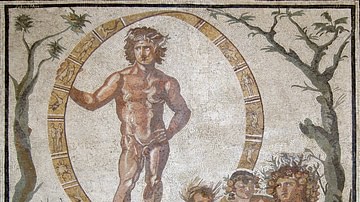
Definition
Gaia
Gaia (also Gaea or Ge) is a primordial goddess and the personification of the Earth in Greek mythology. Gaia emerged from Chaos and is considered the supreme or mother goddess by immortals and mortals alike. All gods and goddesses are descended...
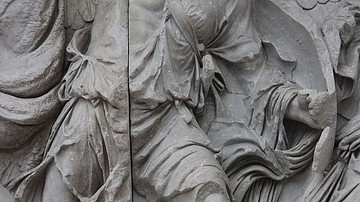
Definition
Uranus
Uranus (also spelt Ouranos) is the personification of heaven and the sky in Greek mythology. His Roman counterpart is Caelus. Gaia (Earth) gave birth to Uranus and chose him to be her equal. She lay with him, resulting in the birth of the...
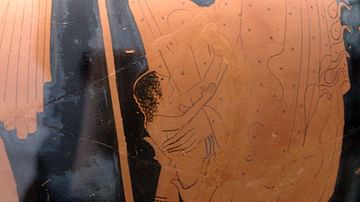
Image
Gaia & Erichthonius
A red-figure vase depicting the earth goddess Gaia giving the baby Erichthonius to Athena. 470-460 BCE. (Staatliche Antikensammlungen, Munich)

Image
Kekrops Looking on as Gaia Gives Erechtheus to Athena
Gaia offers Erichthonios to Athena, with Kekrops watching. Clay relief from Melos, c. 460 BCE. Illustration from Ausführliches Lexikon der griechischen und römischen Mythologie by Wilhelm Heinrich Roscher, 1890. Kekrops, the mythical king...

Image
Uranus & Gaia
A Roman mosaic depicting the Greek primordial gods Uranus (in the guise of the later Aion) and Gaia. Sentinum, 3rd century CE. (Glyptothek, Munich)
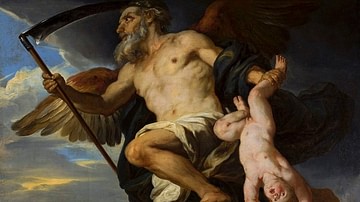
Definition
Cronus
In Greek mythology, Cronus (also spelt Kronos) is a Titan and the youngest son of Uranus (Heaven/Sky) and Gaia (Earth). He dethroned Uranus and became the world's first king, ruling over his siblings and fellow Titans. Cronus married his...
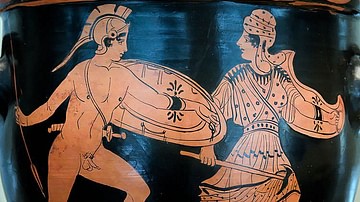
Article
A Visual Who's Who of Greek Mythology
Achilles The hero of the Trojan War, leader of the Myrmidons, slayer of Hector and Greece's greatest warrior, who sadly came unstuck when Paris sent a flying arrow guided by Apollo, which caught him in his only weak spot, his heel. Adonis...
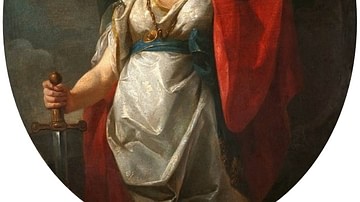
Definition
Themis
Themis is the personification and goddess of divine law, will, and justice in Greek mythology. She was held in high esteem by the Olympians, often sitting by Zeus' throne and giving him wise counsel. Themis held the place of Oracle at Delphi...
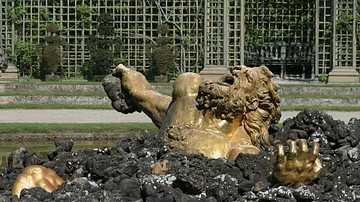
Definition
Giants
In Greek mythology, the Giants (Gigantes) are an aggressive race of creatures who were born from Gaia (the Earth) after drops of Uranus' blood fell on the Earth after he was castrated. The Giants had great strength and were fearsome to look...
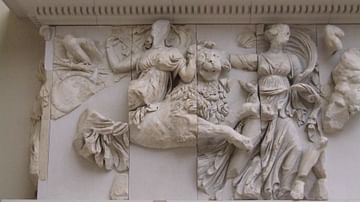
Definition
Rhea
Rhea (also spelt Rheia) is a Titan and a mother goddess in Greek mythology. She is the daughter of Gaia (Earth) and Uranus (Heaven) and the mother of the great deities of Mount Olympus. Rhea was closely associated with the Phrygian (Anatolian...